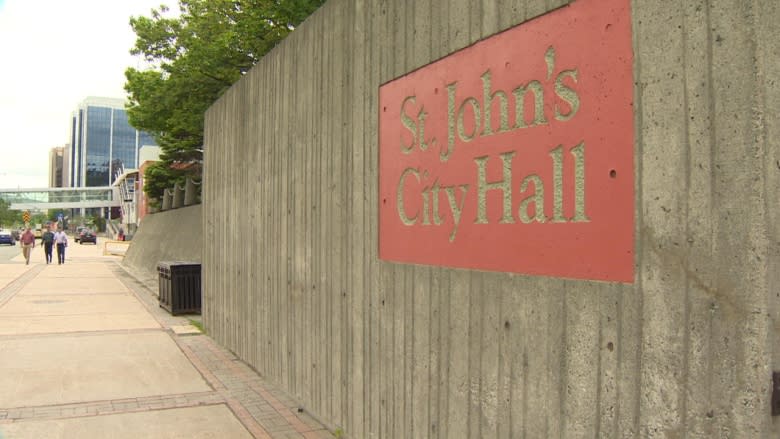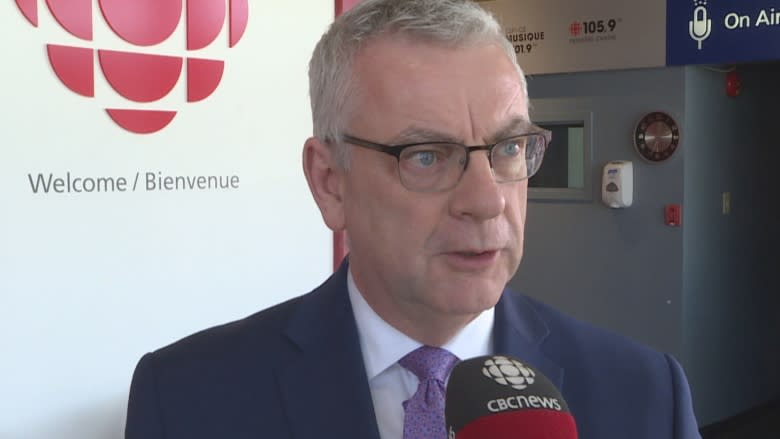St. John's struggles with multi-million-dollar hydro increase
Power rates aren't only increasing for households across Newfoundland and Labrador — the City of St. John's will also see a significant jump in the price it pays for electricity.
"Our electric bill annually now is about $10 million a year," St. John's mayor Danny Breen told CBC Radio's On the Go.
Cautioning that it's still early, Breen said anticipated increases to the city's bill right now are about $1.5 million in 2019, another $3.5 million in 2020 and another $1 million in 2021.
"For our budget period of 2019 to 2021 we'll go from $10.3 million to approximately $16.3 million," Breen said of the city's annual power bill.
This means the city will have to come up with an extra $6 million in the budget for power over that period. It mirrors the situation many Newfoundlanders and Labradorians are in, with household power rates increasing on July 1 and the rate expected to be 22 cents per kilowatt hour by 2020.
"It's not easy. It has the same impact that you have in your household. We have to have a balanced budget each year by legislation, which is a good thing, but it means that you have to make that work," Breen said.
"Just like a home would have to make other adjustments, the city would have to make other adjustments as well."
City is planning
The city of St. John's is trying to get on top of the expected increase, with staff taking a hard look at where money can be saved.
With street lighting accounting for nearly half of the city's entire power bill, Breen says the plan to cut power costs starts there, and discussions are ongoing with Newfoundland Power on a plan to switch to LED lighting for street lights.
Recreational facilities, baseball fields, traffic lights and Mile One Centre have already gone with LED lighting to cut down on costs, and the city's water-saving strategies will also help keep spending down.
Other projects are also underway, Breen said. Metrobus has done work in their newer building to bring their energy costs down, and landfill gas is being measured for potential for energy conversion.
"We're probably not going to get there right away, so we're going to have to look at some other ways to mitigate it," Breen said.
"So we're looking at different ways to do it, and better ways so at the end we want to be able to mitigate it to the best possible way we can."
Read more articles from CBC Newfoundland and Labrador



